
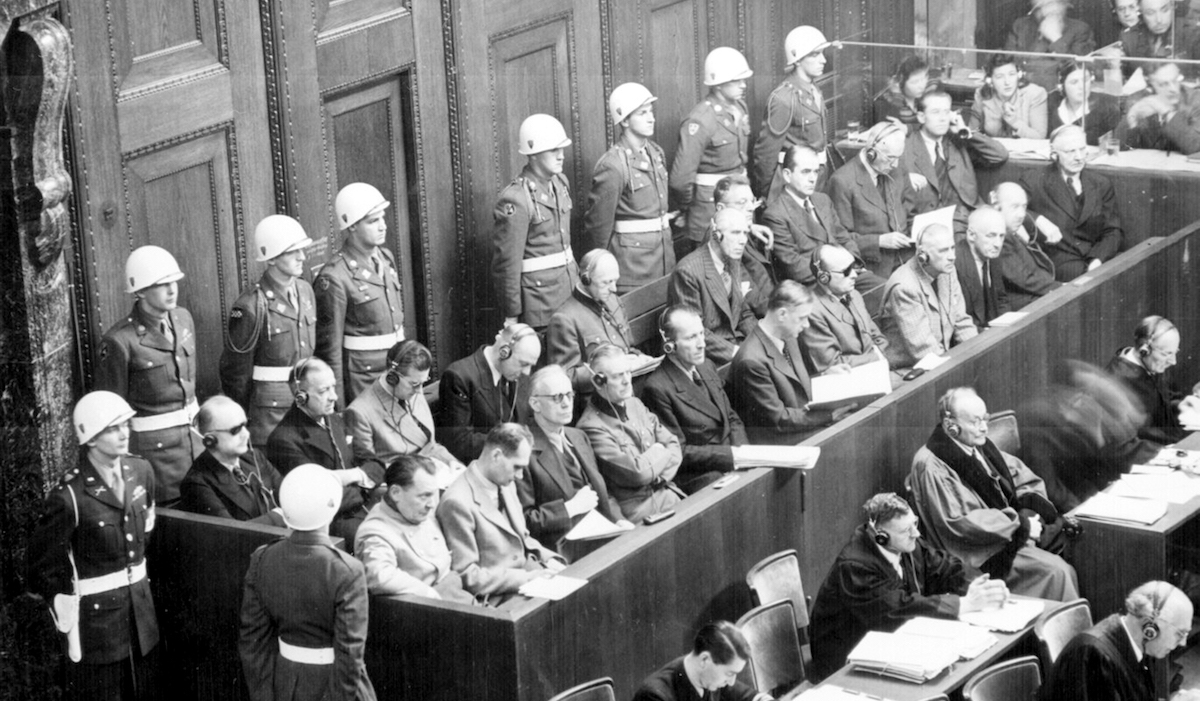
The Nuremberg Principles: The Contemporary Challenges brings together lawyers, historians, theologians, and human rights activists from around the world. These luminaries convened at The Catholic University of America to discuss the applicability of the Nuremberg Principles in protecting human dignity, promoting human rights, and enforcing international criminal law in the context of today.
Catholic University / Washington, D.C.
The conference was hosted by the Institute for Policy Research at The Catholic University of America in partnership with the International Research and Documentation Center for War Crimes Trials at the Philipps-University Marburg, Federal Ministry of Justice of the Federal Republic of Germany, Embassy of the Federal Republic of Germany in Washington, D.C., the International Nuremberg Principles Academy, and Case Western Reserve University School of Law.
The conference was also livestreamed and hosted virtually. View the livestream recordings for both the morning and afternoon sessions below.
The IMT 1945-1946 at Nuremberg: US, France, British, Soviet Union, and German Perspectives, and Subsequent NMT (1946-1949) Impact on American Law
The Nuremberg PrinciplesJudges’ Trial and Trial of the Doctors: Reflections on the Rule of Law & Medical Ethics
Post Nuremberg TrialsLegacy: From International Criminal Ad Hoc Tribunals Rwanda (ICTR), former Yugoslavia (ICTY) to Establishing the International Criminal Court (ICC) and Recent Conviction of Uganda's Leader of the Lord's Resistance Army, Dominic Ongwen, in Terms of Today's Victims and Non-Victims
Nuremberg Law Principles and Contemporary Challenges
Victor’s Justice—the U.S. and International Criminal Law 75 Years Since Nuremberg: Continuity or Change
Genocide
The Issue of Genocide Distinguished from Crimes Against Humanity and the Criminalization of War; Crimes and Current International Humanitarian Approaches Drawn from the Nuremberg Principles
The Nuremberg Principles: Theology - Philosophy – Society
Beyond Nuremberg: The Values of Memory, Truth, and Reconciliation
Ukraine's Nuremberg – Alleged War Crimes Issues
Review of Political/Military Situation and Legal Issues as of the Date of the Conference

Bringing together lawyers, historians, theologians, and human rights activists from around the world to reflect on the past and its application in today’s world.
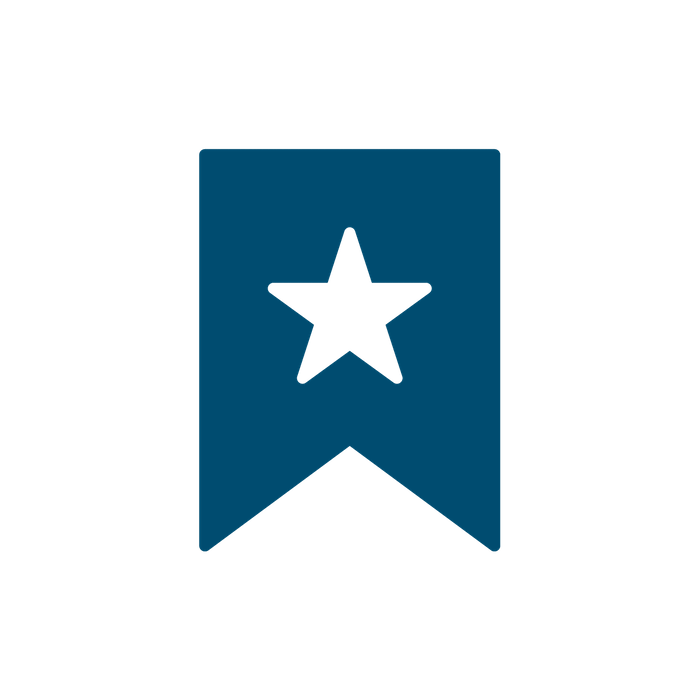
Share in the practice and spirit of upholding the Nuremberg Principles as contemporary events challenge them by becoming a sponsor.

At a time of a direct threat through Russia’s invasion of Ukraine, fundamental challenges to the international world order have once again emerged. The decision of the Russian government to go to war, and the way it has been waging this war, violates all of the fundamentals of international law and order that are reflected in the Nuremberg Principles. Not having seen a war of this size and destructiveness in Europe since World War II, it is significant to convey the message of the six million and to save lessons of history from being swept into a dustbin.
Marshal J. Breger, Professor of Law
Columbus School of Law
The Catholic University of AmericaHerbert R. Reginbogin, Ph.D., Collegiate Fellow
Institute for Policy Research
The Catholic University of America
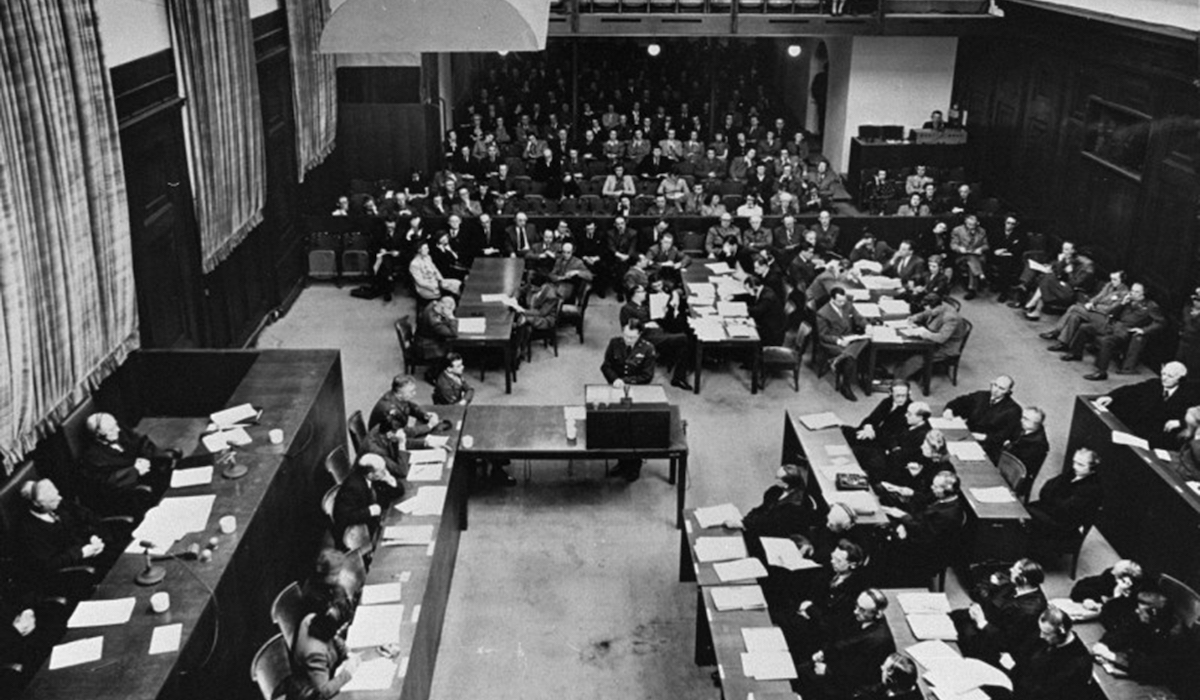
Dr. (hon. causa) Benjamin Ferencz Esq is the last living Nuremberg prosecutor at the Nuremberg Trials and a Congressional Gold Medalist for his advocacy of human rights and justice. He spoke (via Zoom) at the Nuremberg Principles Conference. Here, he shares a message with the conference's participants.
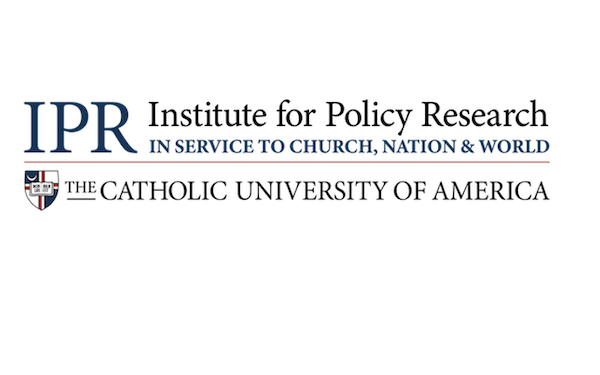
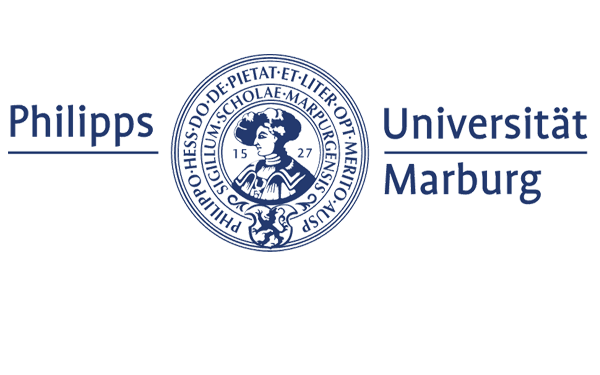

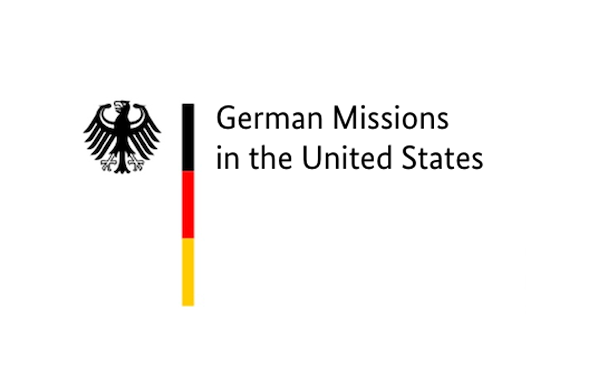
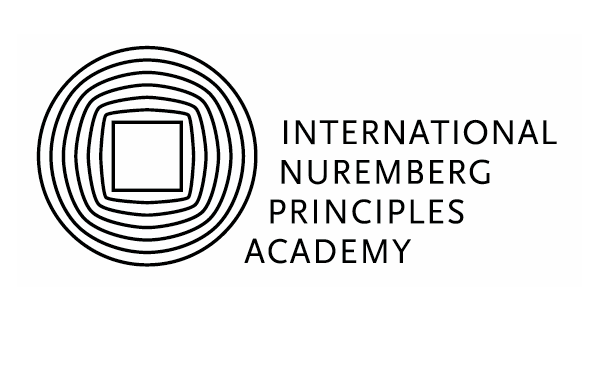
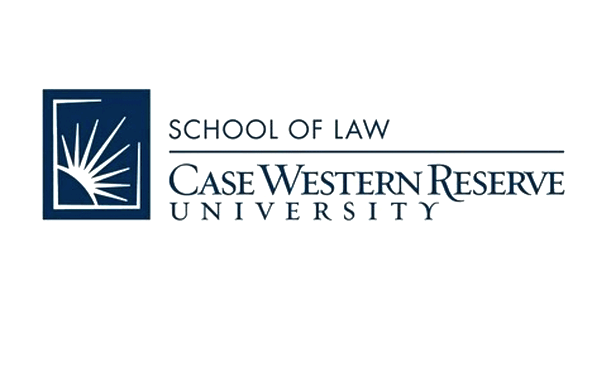
For more information about this event, please contact Lydia Korostelova at korostelova@cua.edu